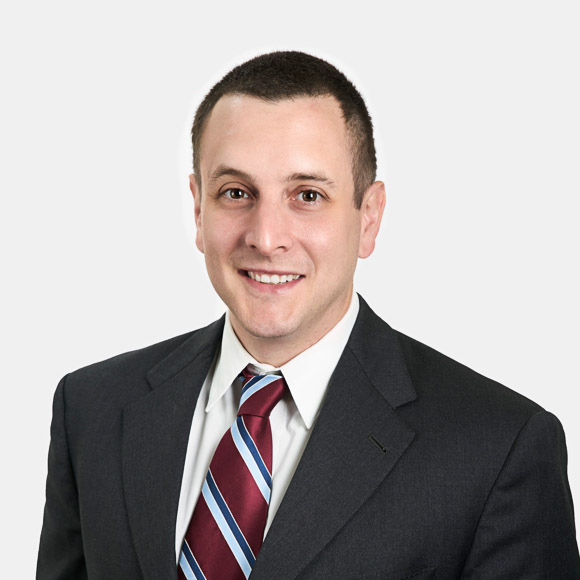CM Report of Recent Decisions – 2019 Volume 4

California Enacts Significant Changes To Davis-Stirling Homeowners Association Laws
On October 12, 2019, California Governor Gavin Newsom signed Senate Bill 323 (“SB 323”) into law. This new statute makes significant changes to Civil Code § 4000 et seq., also known as the “Davis-Stirling Act.” These revisions to Davis-Stirling touch upon serious functions of homeowners associations (“HOA” or “association”) and their management companies. SB 323’s enactment will have the practical effect of requiring HOAs and their management companies to revisit election procedures, board nominee disqualifications, and the functions of inspectors of elections.
Delaware Supreme Court Holds “Securities Claim” Must Implicate Regulation, Rule Or Statute Specifically Directed Towards Securities
In In re Verizon Ins. Coverage Appeals, No. 558, 2018, No. 560, 2018, No. 561, 2018, 2019 Del. LEXIS 488, the Supreme Court of Delaware held that claims for violation of fraudulent transfer statutes, payment of unlawful dividends in violation of Delaware General Corporation Law, and common-law counts for breach of fiduciary duty, aiding and abetting a breach of fiduciary duty, promoter liability, unjust enrichment, and alter ego liability did not come within the subject policy’s definition of “Securities Claim”. The subject claims did not implicate a “regulation, rule or statute” specifically directed towards securities law, and therefore were not covered.
Illinois Supreme Court Clarifies Trigger Of Coverage For Malicious Prosecution
On November 21, 2019, the Illinois Supreme Court resolved what had been a split of authority in Illinois as to the appropriate trigger of coverage in the context of malicious prosecution and wrongful incarceration cases. In Sanders v. Illinois Union Ins. Co., 2019 IL 124565 (Ill. 2019), the Court held that occurrence-based insurance coverage was only triggered at the time the claimant was wrongfully charged, not at the time of his later exoneration, or at the time he was re-tried.
Connecticut Supreme Court Affirms Continuous Trigger And Unavailability Exception, Reads Pollution Exclusion Narrowly But Occupational Disease Exclusion Broadly
In R.T. Vanderbilt Co. v. Hartford Accident & Indem. Co., 333 Conn. 343 (2019), the Supreme Court of Connecticut held that a continuous trigger of coverage would apply to long-tail bodily injury claims, and applied the “unavailability exception” to the time-on-risk rule for periods during which coverage for asbestos claims was commercially-unavailable. The Court further held that the pollution exclusions at issue applied only to traditional environmental pollution. The Court also held that occupational disease exclusions contained in the policies were not limited only to occupational diseases allegedly contracted by the insured’ employees.
 Melinda S. Kollross
Melinda S. Kollross Joseph J. Ferrini
Joseph J. Ferrini Private: Edward M. Kay
Private: Edward M. Kay Ian R. Feldman
Ian R. Feldman Private: R. Mick Rubio
Private: R. Mick Rubio Private: Michelle R. Valencic
Private: Michelle R. Valencic Private: Henry T.M. LeFevre-Snee
Private: Henry T.M. LeFevre-Snee